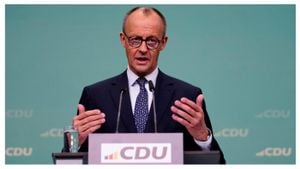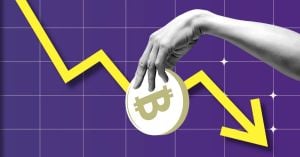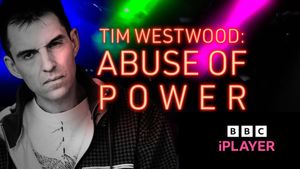On the third anniversary of Russia's full-scale invasion of Ukraine, U.S. President Donald Trump and French President Emmanuel Macron met at the White House for discussions marked by camaraderie and stark geopolitical disagreements.
The two leaders exchanged friendly gestures, but the underlying tension was palpable as their dialogue turned to the conflict in Ukraine. While Trump initiated the conversation by claiming, "Just so you understand, Europe is loaning the money to Ukraine. They're getting their money back," Macron interjected, firmly asserting, "No, to be frank, we paid. We paid 60 percent of the total effort. It was like the US: loans, guarantees, grants." This moment encapsulated the challenges of their diplomatic rapport.
Despite their evident history, Macron appeared intent on correcting Trump’s misconceptions about the financial contributions of European nations to Ukraine. His assertive interjection served as both clarification and pushback against what many see as Trump's dismissive attitude toward European efforts. Trump, who smiled ruefully at Macron’s correction, maintained his perspective, stating, "If you believe that's okay with me," signaling his unwillingness to fully engage with Macron's point.
During their press conference, Macron made clear his stance, declaring, “Russia is the aggressor,” contrasting sharply with Trump's more ambiguous positioning toward Russian President Vladimir Putin. While Trump has hesitated to label Putin a dictator, Macron pressed for recognition of Russia's role as the instigator of the conflict, saying, "President Putin violated the peace." This divergence highlights the broader divide between the U.S. and Europe on how to approach the war.
Trump advocated for swift negotiations, expressing his belief the conflict could conclude within weeks, but not without controversy. “We could end it within weeks – if we’re smart,” he claimed, whilst also hinting at the need for U.S. access to Ukraine’s mineral resources as part of post-war agreements. Such statements have raised eyebrows among European leaders who view Trump's plans with skepticism.
On the other side of the table, Macron pushed for the inclusion of European peacekeepers to monitor any eventual peace agreement, emphasizing the importance of ensuring Ukraine's sovereignty. “Any agreement should be assessed and verified,” he insisted, indicating his commitment to protecting Ukraine’s future.
Macron’s strategy has been to leverage his unique rapport with Trump, which dates back to their first interactions during Trump’s initial term. Their physical gestures – Macron’s hand on Trump’s arm during corrections, laughter, and warm exchanges – serve to mask substantive policy disagreements. Both leaders seemed to recognize the necessity of maintaining this personal rapport amid divergent views on Ukraine.
Significantly, their meeting took place against the backdrop of Trump’s controversial positions at the United Nations, where the U.S. broke away from its Western allies to oppose motions condemning Russia’s actions. This political distancing has provoked worries within Europe about the reliability of U.S. support for NATO commitments.
The discussions also came amid other international developments. Trade negotiations, military commitments, and security arrangements are increasingly framing Europe’s role as the U.S. pivots toward new strategies. Macron, noting the need for Europe to bolster its own defense capabilities, urged Trump to acknowledge the changing geopolitical realities. His statement pointed to the growing need for military independence from U.S. guarantees, as European nations worry about the reliability of American support under Trump's leadership.
Dr. Carla Winston, an international relations expert at the University of Melbourne, pointed out the unique dynamic between Trump and Macron, noting, "This Oval Office interaction with Macron, literally touching Trump on the arm and correcting him about the fact of Russian aggression, was pretty extraordinary." This physicality speaks to how Macron navigates Trump's unpredictability, attempting to harmonize relations without drawing ire.
After their meeting, they each addressed reporters, with Trump praising Macron's efforts, citing their shared history over previous projects, including the restoration of Notre Dame, and their mutual commitment to end the conflict.
Despite the shared pleasantries, Trump's comments about possibly ceding territory and his offer to meet with Putin next, raise concerns among European leaders. Macron's insistence on Ukraine's sovereignty reflects the sensitive balance between seeking peace and maintaining national integrity. Their dialog seems to suggest the wider geopolitical stakes at play; the future of Ukraine hangs not just on negotiations but also on differing visions of democracy and territory protection between the U.S. and Europe.
Conversations between Trump and European leaders are expected to continue, with UK Prime Minister Keir Starmer slated to meet Trump as well. The results of these talks will likely shape the future of NATO and European stability, illustrating how intertwined the fates of the U.S., Europe, and Ukraine have become.



